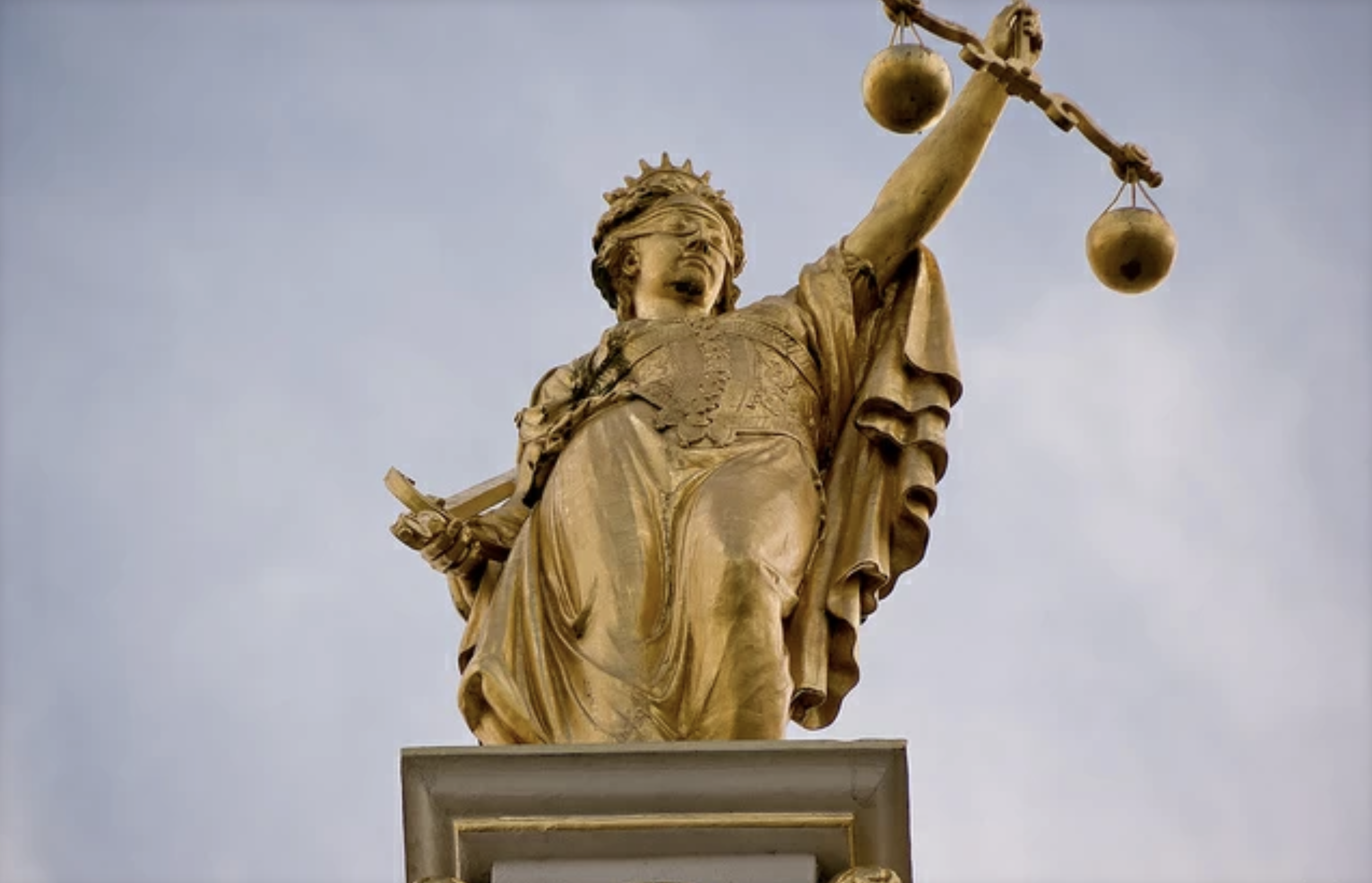The void ab initio doctrine has its foundation in the case of Marbury v Madison (1803). Chief Justice Marshall wrote that:
[A] legislative act contrary to the Constitution is not law; […] an act of the Legislature repugnant to the Constitution is void. […] If two laws conflict with each other, the Courts must decide on the operation of each. […] Those, then, who controvert the principle that the Constitution is to be considered in court as a paramount law are reduced to the necessity of maintaining that courts must close their eyes on the Constitution, and see only the law. This doctrine would subvert the very foundation of all written Constitutions. It would declare that an act which, according to the principles and theory of our government, is entirely void, is yet, in practice, completely obligatory.
Another well-known formulation of the void ab initio doctrine is found in Norton v Shelby County: ‘an unconstitutional act is not a law; it confers no right; it imposes no duties; it affords no protection; it creates no office; it is, in legal contemplation, as inoperative as though it had never been passed.’ As Oliver Field wrote, in 1935, the ‘theory that an unconstitutional statute is void ab initio is the traditional doctrine of American courts as to the effect of an unconstitutional statute. The void ab initio doctrine is the result of the logic of validity. An invalid law is null and this means that as a matter of logic it is as if it never existed. As Kelsen clarifies, ‘An act that is null lacks any legal character from the beginning, so that there is no need for another legal act to strip it of its pretended legal quality. If such a second legal act is required, we are faced with annullability, and not with nullity. In its turn, the logic of validity presupposes the existence of superior law over subordinate law, so that the former takes precedence and sets aside the latter, if they are in conflict. This is the relationship of the Constitution to the statute. From this flows the nature of the judicial duty: not to ‘pronounce a new law, but to maintain and expound the old one,’ according to Blackstone, who stated the rule of common law. ‘The judge, rather than being the creator of the law, was but its discoverer.’ The Constitution is preexisting fundamental law and binds the judge who upholds it over the statute.
Marshall airs the same view, echoing the Madisonian model of checks and balances:
It is emphatically the province and duty of the Judicial Department to say what the law is. […] If two laws conflict with each other, the Courts must decide on the operation of each. […] This is of the very essence of judicial duty.
